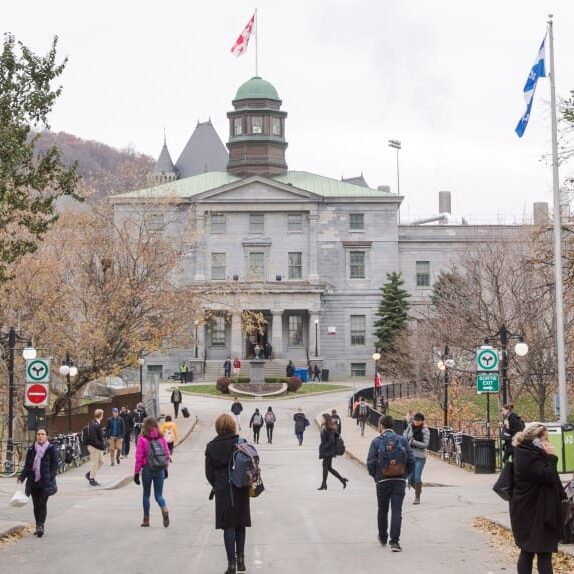
Students question the impact of Quebec doubling tuition for out-of-province students on Dalhousie admissions
Quebec Premier aims to preserve French language
Quebec will double tuition for out-of-province students next year, raising the cost for Canadian students outside of Quebec to attend Quebec universities from $9,000 to approximately $17,000 annually.
Quebec Premier Francois Legault said he introduced the tuition hike to support his goal of preserving the use of the French language in the province and to increase funding for French-language universities.
Legault defended the tuition hike in an interview with the CBC on Oct. 17.
“Year after year, we have a decline in French, and I am determined to reverse that trend,” he said.
The policy is expected to have the worst impact on Quebec’s English-language universities, McGill University, Concordia University and Bishop’s University.
Economic impact
Derek Heatherington is a former economics professor at Champlain College and instructor at Bishop’s. He analyzed how the new policy would impact Quebec’s economy.
“The potential loss is a staggering 575,680,000 dollars annually that out-of-province Canadian students contribute to Quebec, beyond their youthful energy, diversity and intangible cultural contributions, Heatherington said.”
He also estimated that 6,343 jobs created both directly and indirectly by students will be lost.
Colin Standish, leader of the Canadian Party of Quebec, is against the tuition hike.
“Shameful is an understatement. Scandalous, pointless and devastating for all Quebecers and all Canadians,” he said. “This is all under the false pretenses that thousands of young Canadian students somehow cripple the French language with their existence here. Is English an air-borne virus, like the pandemic we just experienced?”
What are students thinking?
Dalhousie first-year film student Emma Bennet believes Quebec’s tuition hike will impact Dalhousie admissions.
“I definitely think raising the tuition will cause a lot of people to not want to go there because it’s a lot more money,” she said. “I know a lot of people who were choosing between Dalhousie and places in Quebec, and I know people here who were thinking of transferring but now can’t.”
Sophia McCurdy is in her first year at the University of King’s College, doing the one-year intensive Foundation Year Program. It’s common for students to come to King’s just for the first-year program before transferring to other schools for the remainder of their degree.
“As I’m considering what to do next year, Quebec is still an option, but now it’s a troubling one,” she said. “I would really love to go to school in Montreal because I’ve always wanted to live in Montreal, but it would put me in debt.”
The Dalhousie Gazette reached out to Dal administration, questioning if they expect Quebec’s policy to impact Dalhousie admissions. They declined to comment, stating “We can’t speculate on something happening in another province, and how that could potentially impact Dalhousie.”
Dalhousie master’s student Lilian Ziss isn’t worried that an influx of admission will affect her.
“From my perspective, I’m almost done with school and my program is specific,” Ziss said. “It wouldn’t affect me personally if I were an undergrad because I’m used to having large classes. I was at Wilfred Laurier with 300 to 400 students in classes.”






